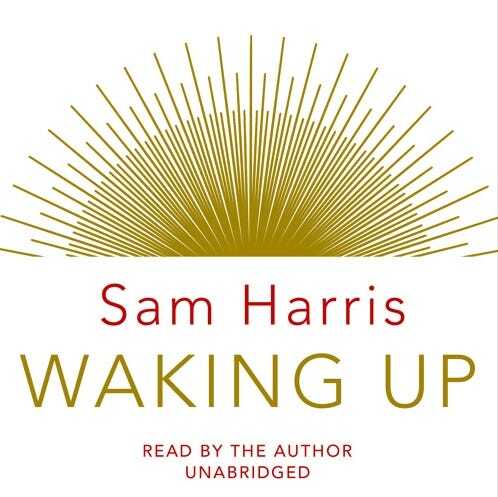The Opportunity Cost of Dismissing Unproven Mind-Manipulation Activities in Favour of Rational…
The risk of not partaking in a mind-manipulation activity that can’t be supported by a proven experimental framework (with a precise outcome and time-frame in which it can be achieved) could be greater than avoiding these activities altogether.
The risk is that you close your mind-off to unproven mind-manipulation activities that could greatly benefit you, and therefore stay married to proven mind-manipulation activities, but are limited in their ability to help you.
For example, if someone limits themselves to proven activities such as receiving cognitive behavioural therapy from a psychologist and running as a form of healthy exercise to improve ones life, that is all well and good, but one runs into limitation in terms of what it can do for their life.
If they remain fearful or nonchalantly dismiss unproven activities, then they pose an opportunity cost on themselves.
It’s well established in the field of psychology and can be observed in direct experience, that the human-mind craves certainty.
Yet, this craving for certainty is consistently not fulfilled, and hence the vast majority of humans suffer.

Around November 2017, I was sitting on a bus in Hawaii, listening to the audiobook, Waking Up by Sam Hariss. I recall hearing the following passage:
…if I knew that either of my daughters would eventually develop a fondness for methamphetamine or heroin, I might never sleep again. But if they don’t try a psychedelic like psilocybin or LSD at least once in their adult lives, I will wonder whether they had missed one of the most important rites of passage a human being can experience.
This is not to say that everyone should take psychedelics. As I will make clear below, these drugs pose certain dangers. Undoubtedly, some people cannot afford to give the anchor of sanity even the slightest tug. It has been many years since I took psychedelics myself, and my abstinence is born of a healthy respect for the risks involved. However, there was a period in my early twenties when I found psilocybin and LSD to be indispensable tools, and some of the most important hours of my life were spent under their influence. Without them, I might never have discovered that there was an inner landscape of mind worth exploring.

Like yourself, Sam acknowledges the risk of taking psychedelics, just like (if I understand your view correctly) you’d consider it stupid to get involved with them, unless there use fits a certain criteria within an experimental framework that satisfies your demands.
Sam doesn’t deny that everyone should take psychedelics, but he doesn’t say everyone shouldn’t either. His mind is open to himself and others experimenting with mind-manipulation methods such as taking psychedelics, in pursuit of discovering ‘an inner landscape of mind worth exploring’.
You don’t know what you don’t know, until you try something new and outside of your familiar mental framework. And what you discover, could be a breakthrough that revolutionizes your life, with little downside.
I would however suggest that a meditation is a safer and more well-studied mind-manipulation activity that not only can take you beyond merely what a psychedelic could give you in terms of a long-lasting and permanent positive impact in your perception of life, but is much less risky as well.
This meta-analysis may be of interest: Mindfulness-meditation: A research-proven way to reduce stress.

But whether it is well-studied or not is beside the point.
The main point is that:
Whether the meditation practice is well-studied or not, the risk of not partaking in a mind-manipulation activity that can’t be supported by a proven experimental framework, could be greater than avoiding these activities altogether.
A Critique of Rational DiscourseIf the goal is to move from insanity to world peace, then establishing Truth must be the aim.
World peace starts in peace within the individual.
What’s more effective in establishing inner peace, an unproven meditation practice such as self-inquiry or rational discourse?
I will focus on the limitations of rational discourse since I have previously covered the benefit of diving into an unproven meditation practice.
Questions to carefully reflect on in sincerity:
Historically, how successful has rational discourse been in establishing peace within the individual?
Is recorded history an accurate representation of how peaceful a society was in the distant past?
If you look at your own life, and you engage in and value rational discourse, what is your honest assessment of how peaceful you have become as a result?
How do you know your assessment is accurate and not rooted in self-deception?
What’s the point of rational discourse if you aren’t peaceful?
Is your primary intention in rational discourse to prove your point to the other person for the pleasure of feeling self-righteous, or to expand your mind and learn?
Which is more important and why?
Messages to consider:
“Be silent or let thy words be worth more than silence.”
― Pythagoras

 [image error]
[image error]



